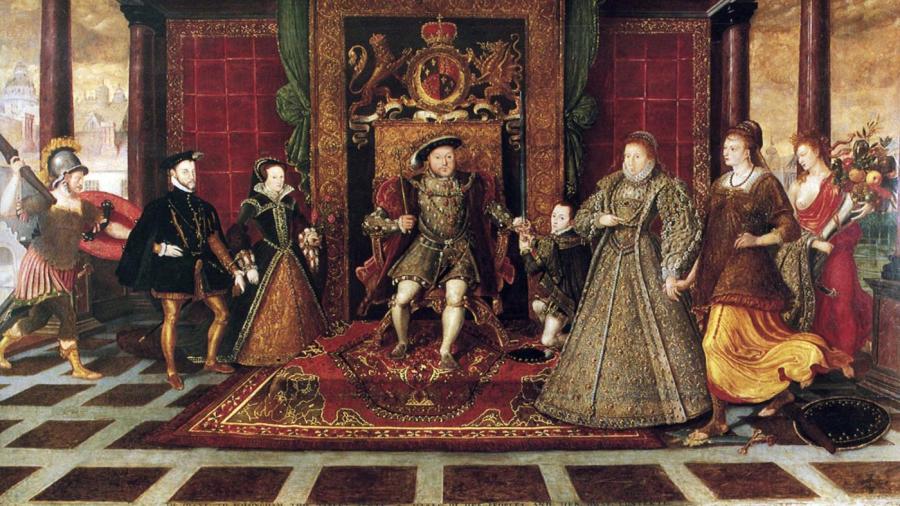What Is the Divine Right Theory of Government?

The divine right theory of government posits that a ruling authority, such as a monarch, derives power directly from God. As a result, the king is not answerable to the aristocracy, the church, the people or anyone else.
According to the divine right theory, any attempt to overthrow the king, limit his powers or go against his will in any way was sacrilege, as it was also an act against God himself. This allowed kings freedom to do whatever they wanted, because only God was able to judge a king. A French political philosopher named Jean Bodin first proposed this theory in the 16th century.
One of the first proponents of the divine right of kings was King James I. Originally known as James VI of Scotland, King James I held the three crowns of Scotland, Ireland and England in the early 17th century. During his reign he sponsored the Bible translation that bears his name, the Authorized King James Version. He wrote a treatise called “The True Law of Free Monarchies,” in which he argued that kings were superior to other men and had royal prerogative to impose laws as they saw fit. Across the English Channel, the French King Louis XIV was also a strong advocate of the divine right theory. By the late 18th century, with the American and French revolutions, support for the theory weakened, and by the beginning of the 20th century, the theory was defunct.





